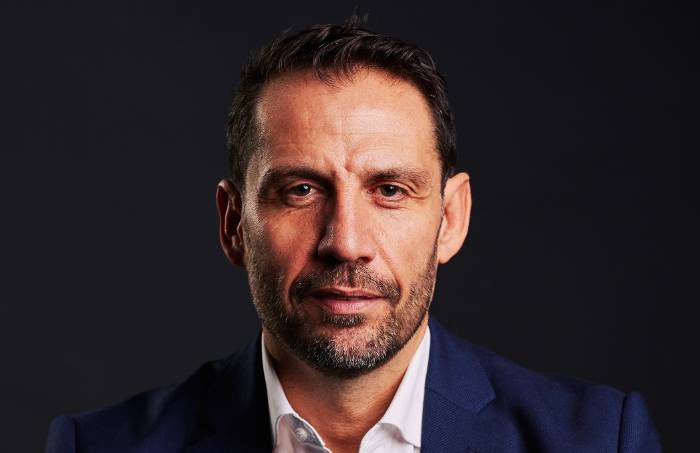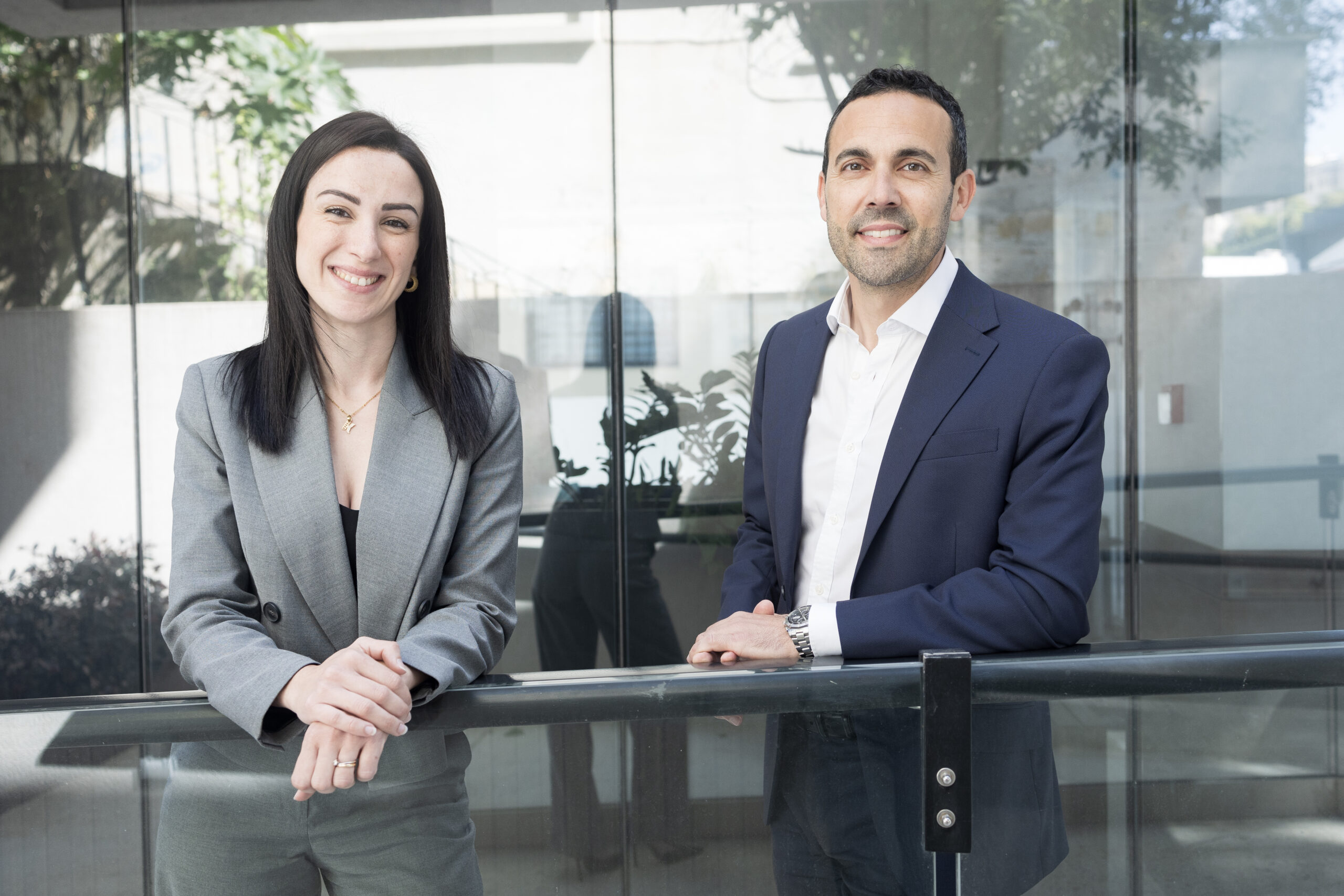As part of Thomas Cremona’s interview series on joint ventures, he had the opportunity to meet with Welbee’s CEO, Jonathan Shaw, for his thoughts, including insights into joint ventures he had participated in prior to his current position
Jonathan Shaw’s business career has encompassed multiple interests, from promoting events, including co-founding Teatru Unplugged, bringing multinational brands to Malta, advising numerous Boards, authoring #Forty, Be the Change, and today leading Welbee’s, one of Malta’s largest supermarket chains.
What characteristics would you seek in a prospective joint venture partner?
A joint venture is about bringing together different parties, for example, when one does not possess certain strengths, be they skills, resources, or capital, in the belief that the parties combined together are stronger – one plus one equals three.
Together, you are thus able to enter a new market, attack competition, and deliver on certain requirements.
Apart from assessing the partner’s resources, one must also look at other attributes, such as soft skills, certain values, the way key members of the team work, and also the joint venture’s vision. It is easy to get carried away by just looking at the numbers, the pluses and strengths. It’s the small things that make the relationship important. The minor things could be very small, but they could become a major issue.
How is the joint venture started and defined?
A joint venture could be initiated with people you know, or possibly with people you’re not too familiar with. Though time must be taken to get to know the parties’ respective teams, as a joint venture, you’re usually safe in that a joint venture is like a project with a start date and an end date or goal. You should outline the terms and conditions, and who needs to deliver in which area and where the project starts and ends.
What are the dynamics in a joint venture?
When everything is going well, it’s plain sailing, but when things take an unplanned turn, this is where you will begin to see the differences coming out. You will then know how people react and it’s not a matter of being right or wrong. You’re just different. You tackle things differently.
Would you recommend placing exit clauses in the joint venture agreement?
It is important to have exit clauses or a definition of when the project ends. Furthermore, it’s also important that you actually define when it could end with mutual consent or possibly how one party could end it. It’s more complicated to close a business than to open one.
The beginning of a joint venture is exciting. Everyone can write a business plan. Assessing how you can minimise damage or exposure, however, is more complicated. Thus, the exit plan has to be there, because even when you have the exit strategy written down it is still complicated. In a way, it gives you a sense of comfort that if something is not going the right way, then there is the possibility to move on – though I’m not saying it’s easy.
Thus, you need to invest time to ring-fence the exposure. When you’re in a joint venture, you’re in it together.
When you’ve done joint ventures in the past, have you looked for start-ups or have you looked for established brands primarily?
Personally, and I might be wrong, I view joint ventures as being project-based, but I’m sure there are other ways and opinions. I have worked on partnerships, companies, mergers, and joint ventures. I believe that, for joint ventures, they are mainly project driven. It’s beneficial if the parties are somewhat equal because, sometimes, if one party is too big or too small, this disparity doesn’t help. There needs to be alignment.
Should a CEO seek joint ventures?
Even in a role like mine today, as a CEO for a large company, you think like an entrepreneur, you have to work like it’s your own company.
If I had to look at a joint venture possibility today, sometimes you might see an opportunity, then you need to seek someone with the skillset you don’t have or, alternatively, possibly a counter-party approaches you to consider setting up a joint venture. It can work either way.
How would you evaluate potential synergies arising from the JV?
Starting primarily from what you can contribute to the project and then evaluating what others can bring to the joint venture. You need to assess that there’s a balance, such as:
- What are my expectations?
- What are we contributing?
- Who’s taking care of what?
- What’s the input?
- What’s the output?
- How will we, the partners, be remunerated?
Furthermore, assessing what you’re adding in value is also equalled by the other party, because if there’s disparity, it can lead to future problems. These are things that need to be discussed, although, as previously mentioned, the beautiful thing of a joint venture is that the risk is ring-fenced on that project.
How do you regularly monitor the joint venture’s results? What would you consider best practice?
It depends on the size of the project and what you’re doing. Furthermore, I personally believe that there should always be someone driving it – a central coordinating point of reference – in addition, to the experts and people who lead in certain areas.
I mean, if you’re a good leader, sometimes you also need to know when to follow and step back because someone can do a better job than you or handle a certain matter in a particular way. It’s not about ego. It’s about undertaking a task in the most effective manner. Now, if I’m good at coordinating, that could be my task. If someone needs to deliver, then allow them to.
The parties then just need to keep track of the deliverables, the milestones, and seeing that everything’s on plan. Though it also depends on the project, so you can’t generalise.
As a company, do you actively pursue joint ventures, and would you prefer an acquisition or a joint venture?
Last year Welbee’s undertook a significant merger by its shareholders. In the foreseeable future, apart from consolidating and integrating the various company-wide functions, there is also a mandate for growth.
Now, this growth can happen in a multitude of facets such as organically, or acquisitions, or new store openings, or maybe joint ventures in certain areas.
Mergers and acquisitions are a means for growth in a saturated market, though they also have their own constraints, such as culture and legal technicalities. In relation to opportunities, it is important to never close doors, and leave them ajar to consider and evaluate.
Thus, you can never say, ‘I’m never going to do a joint venture’ or this or that, because you may have your business plan, your priorities, your plan of action, but opportunities arise. You need to sit down, understand, evaluate, discuss and then see the best way forward. In today’s scenario, that is the mindset one should have. It’s always good to bounce off ideas and have this open communication.
What has been the best lesson you have learned from your experience in joint ventures?
I think that when you get excited in the beginning, that’s enthusiasm, but sometimes that enthusiasm can lower your guard.
You need to see what drives you as an individual. If you define what drives you as an individual, you will see that whatever you do, or you don’t do, is actually based on what drives you in life and then followed by work. As for me, it’s “making things happen”.
For this aspect, I find that one should define what drives them in the least possible words – three to five words. It could be anything. By being aware of such, I also know my limitations and that I have to be extra-careful or I have to hold on and say “no” because I’m working on something else and that this new venture would distract me.
It is important to assess the individuals you are considering venturing in together with, including their values. I start by sensing people out and asking myself, would I go and have lunch with them, or can I be stuck in a lift with that person for an hour? Sometimes you have an answer, because people like doing business with people. I’m not saying you have to be fully aligned, as it sometimes helps that people are different, but when the pressure on the joint venture may increase, then such differences can create issues. However, there are times when it works and you complement each other, even character-wise, and it helps.
I think joint ventures are good for people starting out together and experimenting and seeing that the relationship and project can work. It’s a brilliant way to formulate a working arrangement without getting “married”.
Go and have lunch together, spend time together, discuss, share. Assess different scenarios. Ask yourselves;
- What if this happens?
- How would we tackle it?
- What are we expecting from this?
Then there’s the issue of money, as people see money differently. Some persons are driven by making money, and others are driven by creating wealth. Another issue which is important is the financial situation of the respective parties. If I can afford to work on a project and not have any salary or wage as I have other income, but the other person needs it and he doesn’t have income, it’s going to create an issue when it comes to withdrawing funds or reinvesting money or investing additional funds if the initial contributions were insufficient. These are things which are not spoken about, but need to discussed.
Joint ventures are great, but there needs to be synergy for one plus one to equal three.
Malta’s next leap: Secured
How ESET delivers enterprise-grade security to meet Malta’s digital ambitions
Mastering the language of business: How BELS is crafting bespoke training for a dynamic economy
BELS Malta Director of Studies Arianna Muscat on how the language school helps companies equip their teams for success.
Built differently – CLA Malta offers custom solutions in a cookie-cutter landscape of tax advisory and business
Their client-centric philosophy extends far beyond conventional consultancy.







